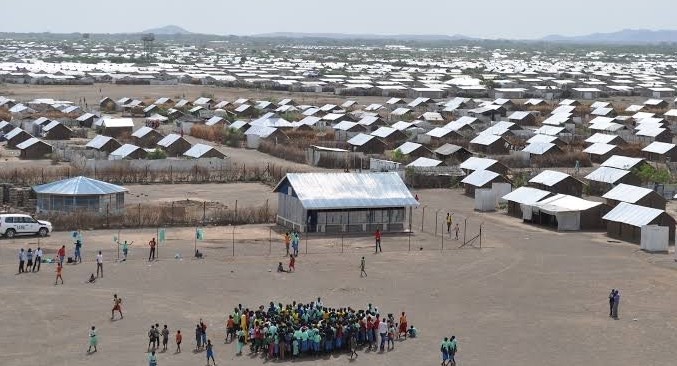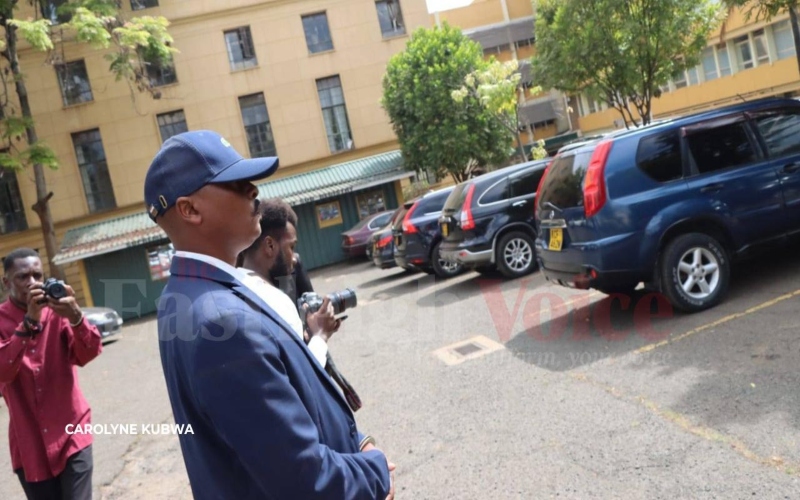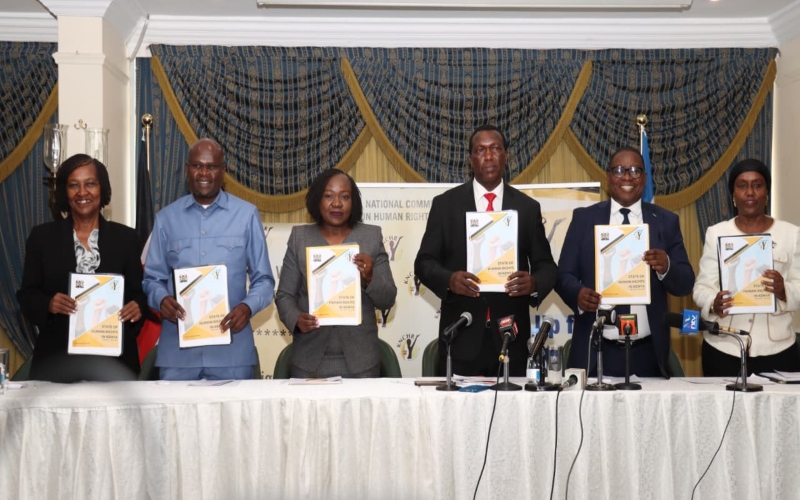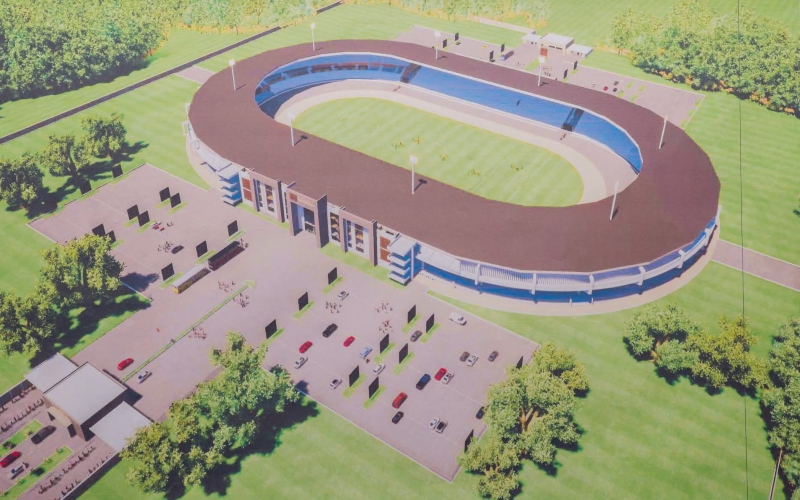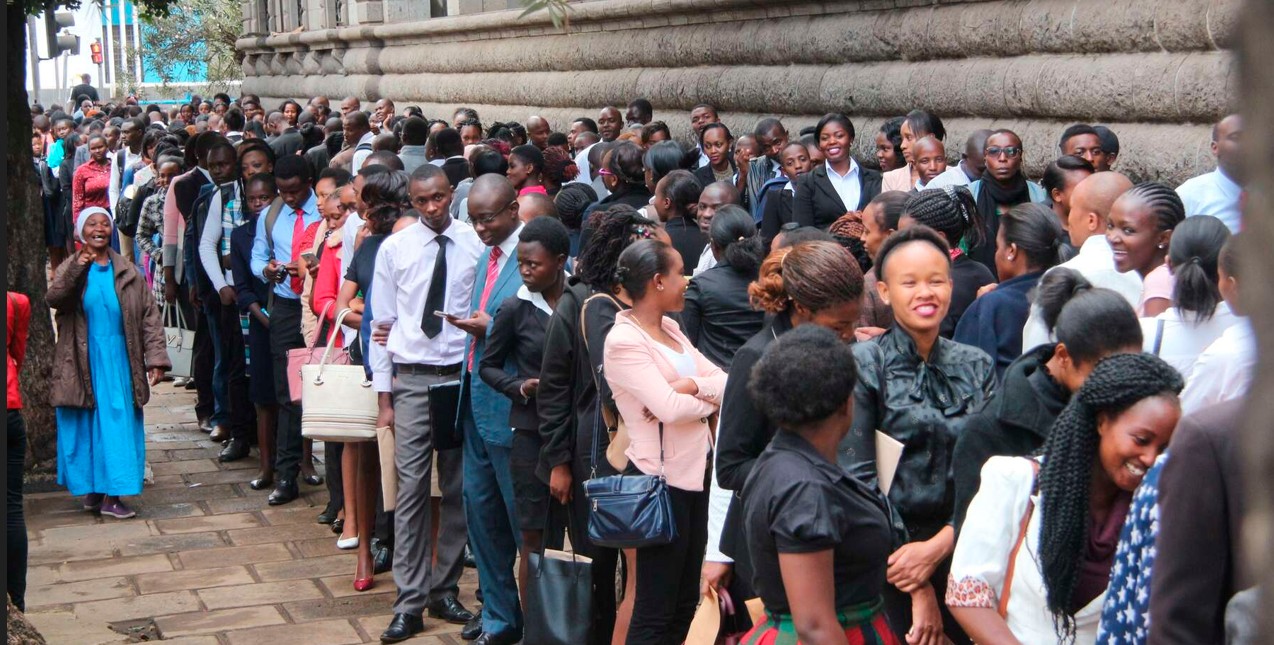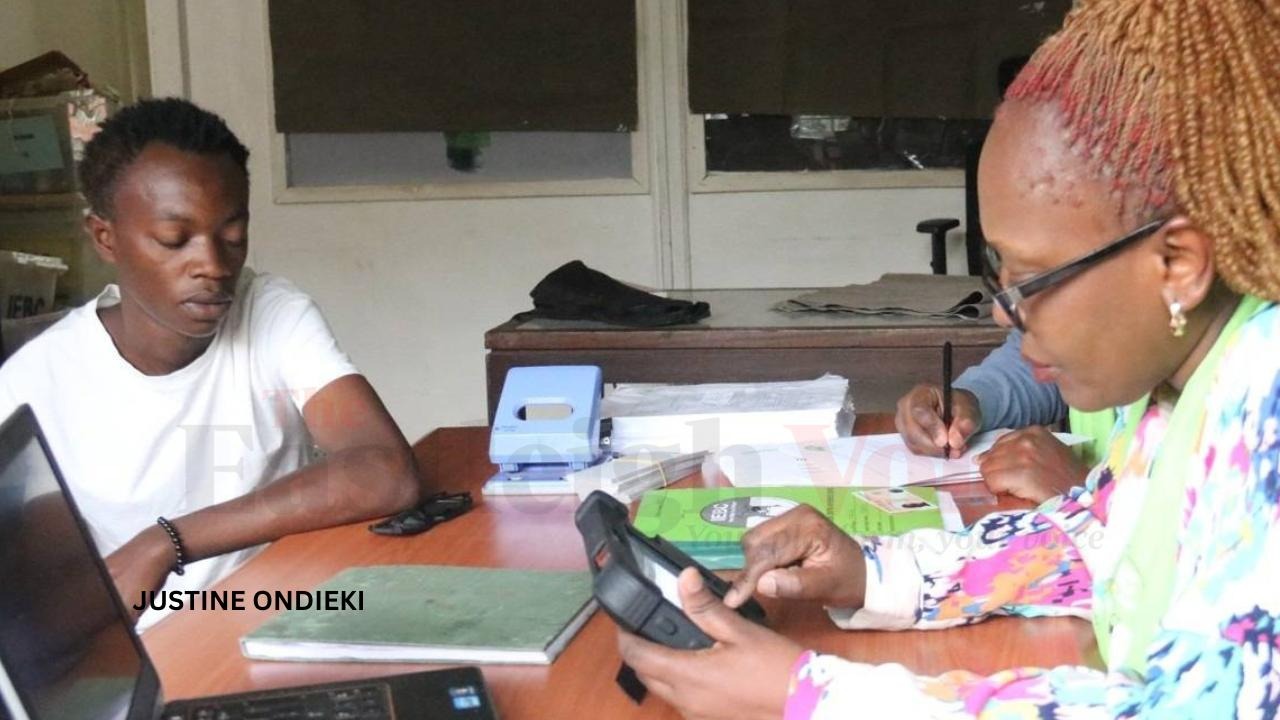Nairobi rolls out Route 111 BRT pilot project to streamline and stabilise public transport

With the continued support from international partners and the success of this pilot, Nairobi is one step closer to providing its residents with a public transport system that meets their needs and enhances their daily lives.
Nairobi's journey towards a more reliable and efficient public transport system has begun with the launch of the Route 111 pilot project.
This marks the first phase of the city’s Bus Rapid Transit (BRT) trials, which aim to reshape how residents navigate the city.
More To Read
- 99 new buses cleared as Dar es Salaam's second BRT phase set to be launched
- Fresh push for 'Railway City' as Kenya, UK renew strategic deal
- Cabinet approves Nairobi Northern Bypass upgrade and railway city project to ease traffic
- Stalled BRT project gets another Sh300m in 2025/26 budget despite years of delays, minimal progress
- Cabinet approves clean Bus Rapid Transit system for Nairobi Metropolitan Area
- Nairobi secures Sh43.4 billion funding for Green BRT Line 3 project
The project promises to bring order and predictability to daily commutes by introducing scheduled buses and fixed fares, a significant departure from the often chaotic and unpredictable matatu services.
In this new system, buses will depart according to a fixed timetable. Unlike the traditional matatus, which only leave once they are full, the new buses will operate on a set schedule, offering commuters greater control over their travel time.
This scheduled service is expected to ease the frustrations of daily commuters, ensuring a smoother and more predictable commuting experience for thousands across the city.
The introduction of fixed fares is another key aspect of the pilot project. Matatus, known for their fluctuating and sometimes unpredictable fare prices, have long been a source of frustration for passengers.
With the new system, commuters will benefit from a consistent fare structure, providing transparency and making budgeting for travel more manageable.
Transport Principal Secretary Mohamed Daghar emphasised the importance of collaboration between all stakeholders involved in the project.
"Route 111 Pilot Project demonstrates that we can collaborate and work together as one people to provide services to our people and confront the challenges faced by commuters and travellers daily," he said.
The Route 111 pilot is just the beginning of a broader effort to modernise Nairobi's public transport system.
In January, the city secured €320 million (Sh43.4 billion) in funding from international partners, including the European Investment Bank (EIB), the French Development Agency (AFD), and the European Union (EU).
This funding will help develop a cleaner, more efficient Bus Rapid Transit system.
The first phase of this development will involve constructing a 12-kilometre route from Dandora to Kenyatta National Hospital along Juja Road, with plans for future extensions to connect other areas of the city.
As part of the larger BRT system, the Route 111 project is set to enhance the quality of public transport in Nairobi, making it more reliable, affordable, and sustainable.
If the pilot is successful, it could pave the way for the expansion of this system, potentially transforming the daily commute for Nairobi residents.
With the continued support from international partners and the success of this pilot, Nairobi is one step closer to providing its residents with a public transport system that meets their needs and enhances their daily lives.
Top Stories Today


